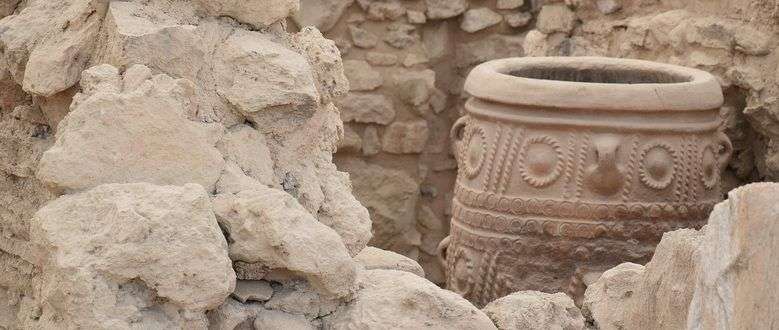
SEADDA: Saving European Archaeology from the Digital Dark Age
Making archaeological data open and freely accessible is a priority across Europe, but the domain lacks appropriate, persistent repositories. Due to the fragility of digital data and non-repeatable nature of most archaeological research, the domain is poised to lose a generation of research to the Digital Dark Age. The key to mitigating this crisis is to bring archaeologists and data management specialists together to share expertise, and create resources that allow them to address problems in the most appropriate way within their own countries. While important international standards exist and should be used, there is no single way to build a repository. To be successful, archaeologists must be at the decision-making heart of how their data is archived to ensure re-use is possible. SEADDA will be vital for establishing a priority research area in the archiving, dissemination and open access re-use of archaeological data, and includes proposers from 26 COST and four international partner countries. It will bring together an interdisciplinary network of archaeologists and computer scientists; experts in archaeological data management and open data dissemination and re-use. It will create publications and materials that will set out the state of the art for archaeological archiving across Europe and recommendations to mitigate the crisis. It will organise meetings and training that will allow archaeologists from countries with archiving expertise to work with archaeologists with few or no available options, so they may share knowledge and create dialogue within and between their countries, and move forward together.
Project
/research/projects/salvando-a-arqueoloxia-europea-dunha-idade-oscura-dixital
<p>Making archaeological data open and freely accessible is a priority across Europe, but the domain lacks appropriate, persistent repositories. Due to the fragility of digital data and non-repeatable nature of most archaeological research, the domain is poised to lose a generation of research to the Digital Dark Age. The key to mitigating this crisis is to bring archaeologists and data management specialists together to share expertise, and create resources that allow them to address problems in the most appropriate way within their own countries. While important international standards exist and should be used, there is no single way to build a repository. To be successful, archaeologists must be at the decision-making heart of how their data is archived to ensure re-use is possible. SEADDA will be vital for establishing a priority research area in the archiving, dissemination and open access re-use of archaeological data, and includes proposers from 26 COST and four international partner countries. It will bring together an interdisciplinary network of archaeologists and computer scientists; experts in archaeological data management and open data dissemination and re-use. It will create publications and materials that will set out the state of the art for archaeological archiving across Europe and recommendations to mitigate the crisis. It will organise meetings and training that will allow archaeologists from countries with archiving expertise to work with archaeologists with few or no available options, so they may share knowledge and create dialogue within and between their countries, and move forward together.</p>
projects_en